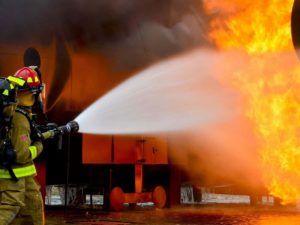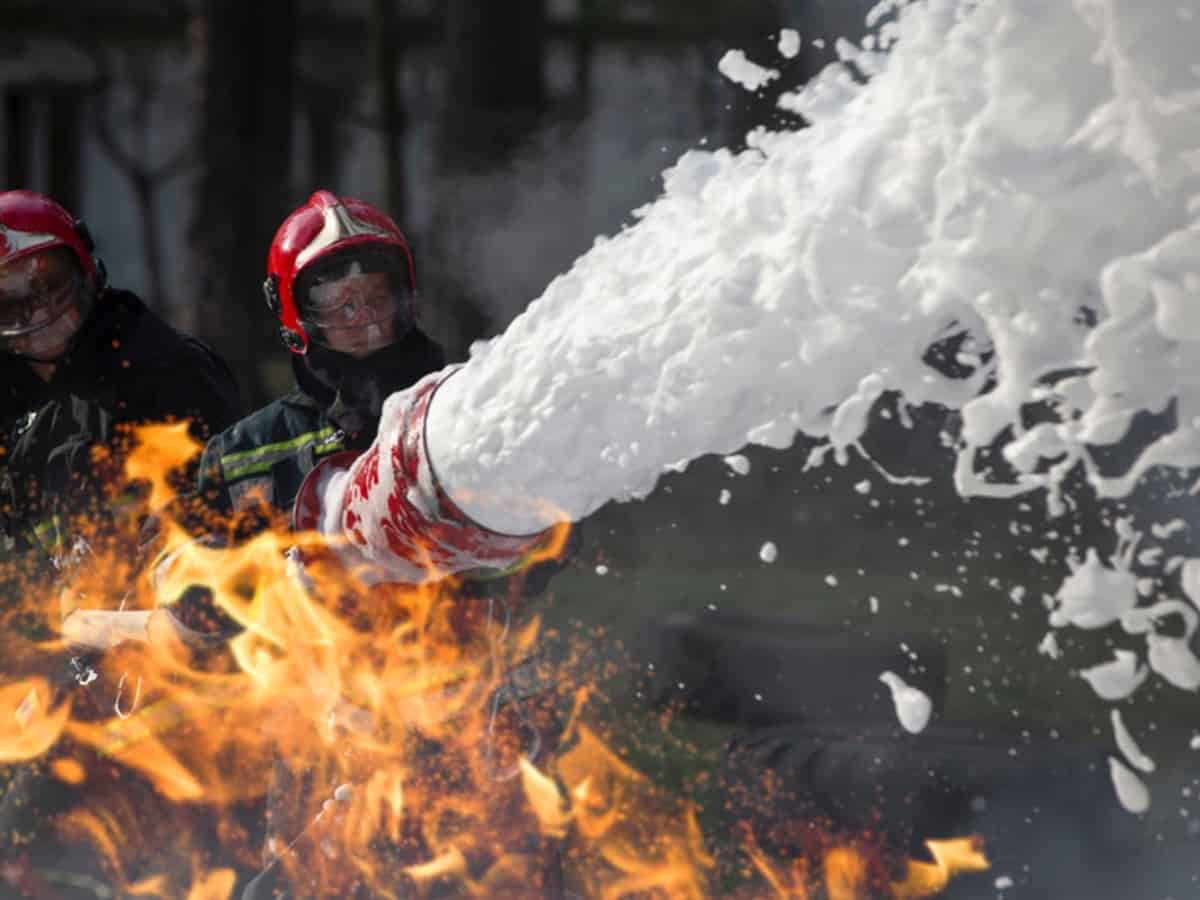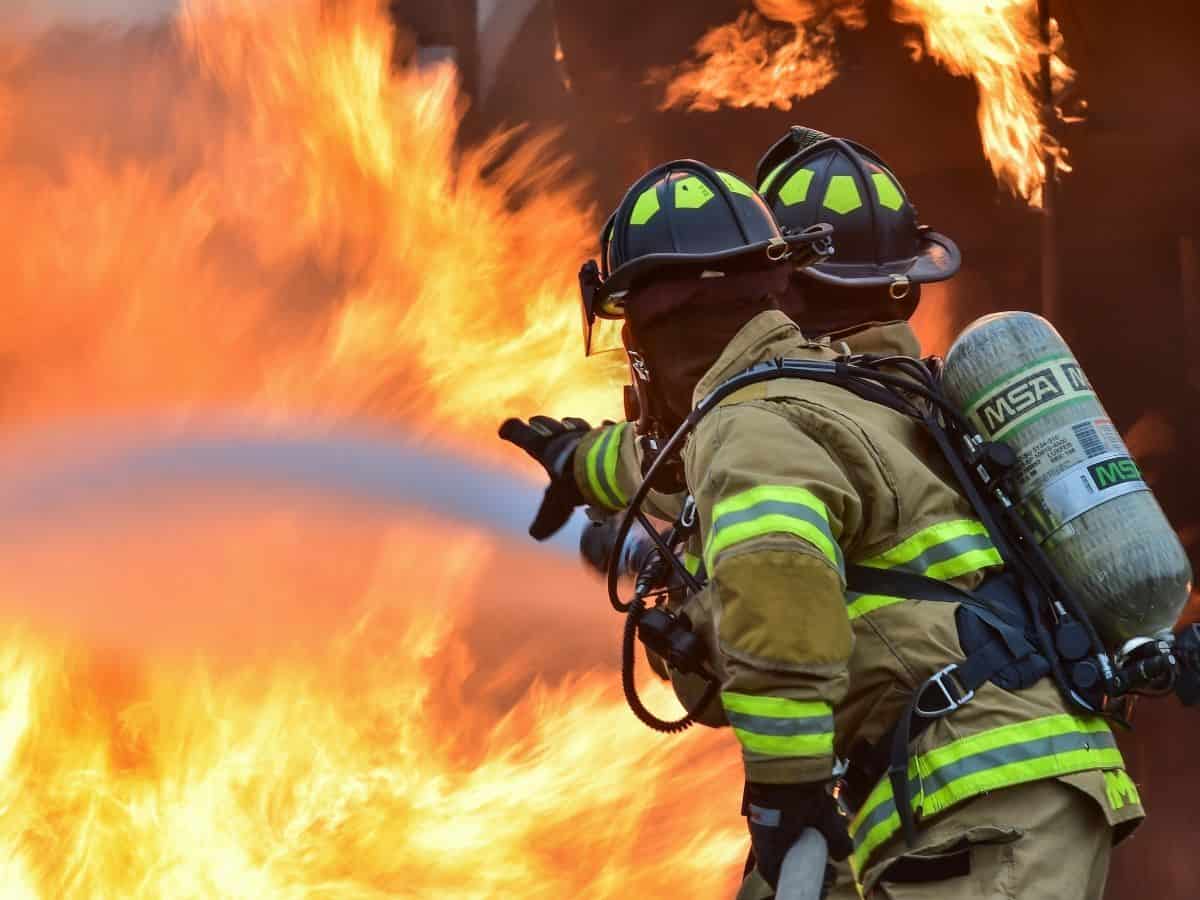Having a house fire is a huge fear for any homeowner. From a young age, we’re taught how to handle a fire, which includes the “stop, drop, and roll” or fleeing your home and not wasting time to get items out of the house. When the fire settles, you might not have a home anymore. As devastating of a loss as it is, having fire insurance can give you peace of mind that you won’t be left homeless.
What Is Fire Insurance?
Having fire insurance provides additional protection on top of your standard home insurance policy. This can directly affect the compensation you would receive in the event of fire or smoke damaging your home, property, or appliances. Depending on what state you live in, fire is considered to be one of the perils that are covered on a standard home insurance policy. That means that if a fire was the root cause of any damages or losses to your home or belongings, your insurance company would cover the losses. Smoke damage from fires can ruin more things that it comes in contact with- such as your clothing, any art work, or electronics. This information is also listed on homeowners insurance policies.

What Are Perils On Home Insurance?
Perils on home insurance can include:
- Theft
- Vandalism
- Fire/lightning damage
- Smoke
- Windstorm/hail
- Vehicles
- Explosion
- Riots
- Aircraft
- Falling objects
- Volcanic eruption
- Freezing
- Sudden or accidental damage to circuit
- Sudden or accidental tearing, cracking, burning or bulging
- Weight of ice, snow, sleet
- Accidental discharge or overflow to water or steam
Why Would Someone Need Fire Insurance?
Having fire insurance will cover any losses and damages that are above the coverage limit. There are times when the expenses to repair are higher than your insurance company will pay for. Fire insurance is helpful with replacement and reconstruction loss. Replacement and reconstruction loss occurs in the event that a home burns down, or if a homeowner experiences a “total loss.” Total loss happens when the money to repair damages exceeds the home value. These scenarios are not typically covered in a standard insurance policy.
What Else Does Fire Insurance Cover?
Fire insurance covers more than just the cost of your home. It can also include the personal belongings that were lost. Fire insurance will also include any lodging and meals up to your policy limits. It is subject to the same deductible and coverage limits as the rest of your policy.
If you lived in a rental property that burned down, the landlord’s insurance covers the cost of the property damage. However, the landlord’s insurance does not cover the replacement of your personal items. You are responsible for those, which is covered through your renters insurance.
When filing an insurance claim, make sure to photograph all damages to your belongings. This helps document exactly what happened. Your insurance company will send an adjuster to your home to assess any damage that happened. Make sure the adjuster walks the whole property to get a full sense of the damage.
What Is Not Covered By Fire Insurance?
While fire insurance does cover a lot of expenses, there are some instances where fire insurance will not cover you. This includes damage from fires caused by:
- War
- Nuclear radiation
- Self inflicted arson
- Fire damage to home that has been vacant for 30+ days
- Wildfires*
- If your car is damaged (that is covered through your car insurance).
*in states that have frequent wildfires, you may be subject to certain limitations on your policy.

How To Protect Your Home
Your home is a major investment, and homeowners/fire insurance can protect you from the financial disasters that fires can cause. If you have a mortgage, your lender will already require you to purchase home insurance, but even if you paid cash for your home, it is always a smart investment to keep your home free and clear.
While fire insurance is generally included in your homeowners insurance policy, there are ways to purchase it as an additional policy if needed (for instance, in areas keen to wildfire damages). If it is on your homeowner’s insurance policy, the coverage limits and deductibles will match the amount that was chosen for the rest of the house.
According to the US Fire Administration, California, Texas and New York lead the nation in fatalities due to a residential home fire. Fire insurance and fully operating smoke detectors are great resources to make sure your home is protected. Learn more about how to make sure your smoke detectors are working properly through our guide.



